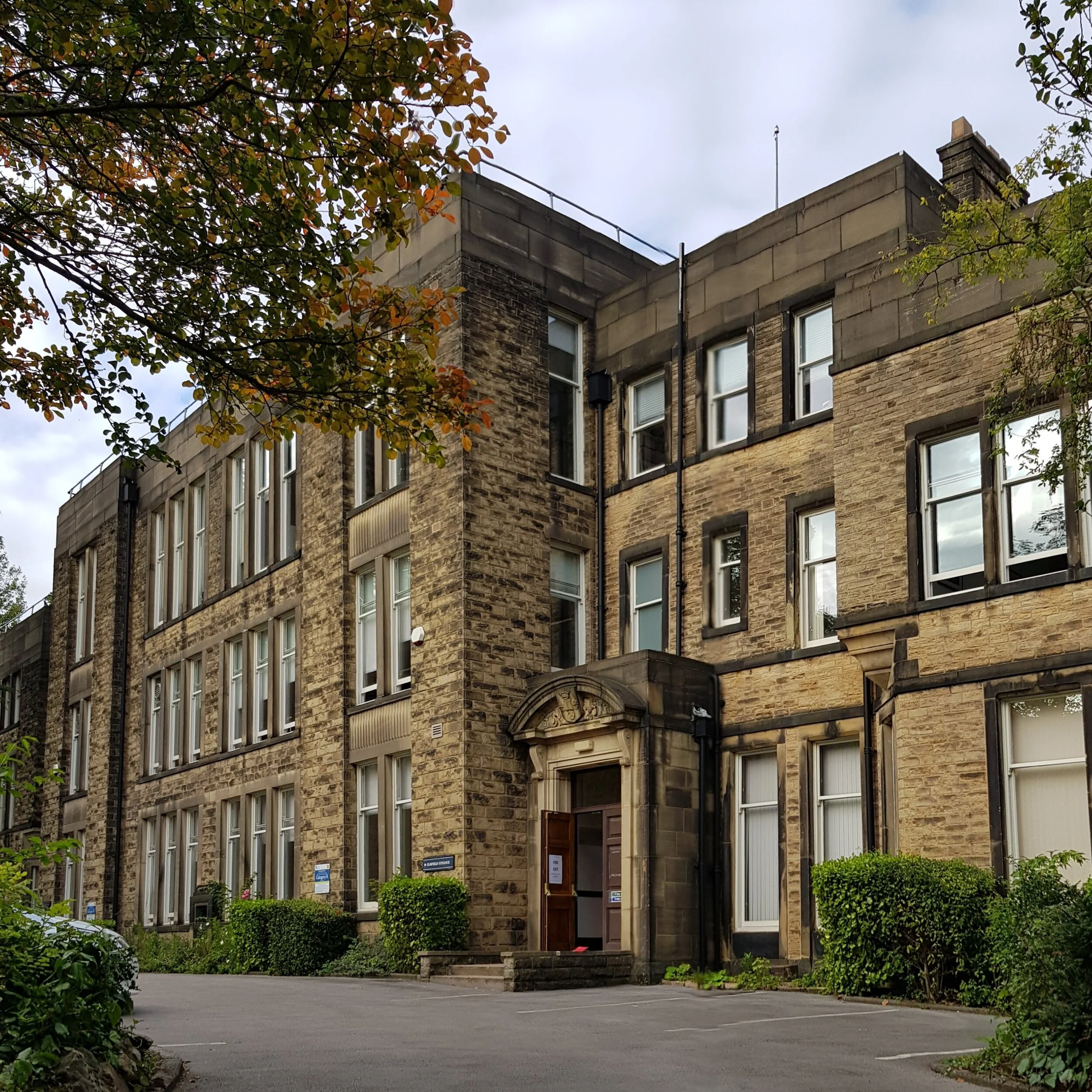
Interpretive political science
What are the possibilities and limits to political science?
The Department of Politics at the University of Sheffield.
Owing to my education at the University of Sheffield, where I was taught by - among others - Colin Hay and Matthew Flinders, the tradition to critically engage in questions about the nature of ‘political science’ as a discipline has always been strong. This included debates about the importance of structures over agency (or vice versa) in affecting political outcomes; the ontological and epistemological foundations to studying politics; and, the definition of (and therefore limits to) political study.
My research has been strongly influenced by the ‘interpretive turn’ in British political science in the early 2000s, particularly research on governance and public administration. Scholars such as Mark Bevir and R.A.W. Rhodes reflected on how we can better understand political phenomena by drawing on the importance of ideas, beliefs, values of political actors and how such ideas shape institutional practices and traditions, and therefore, political outcomes.
The role of ideas in politics significantly shapes how I approach the study of politics. I therefore ask:
What values, beliefs and ideas do political actors believe in?
How important are some ideas over others for political actors?
How do ideas shape political outcomes? What is the role of other factors?
How do political actors interpret key ideas, key concepts, and key events?
How can we study political ideas? Are some approaches and methods more useful than others?
How dilemmas shape political change
I have contributed to debates about the role of ideas in politics by focusing on how ideas lead to political change. Specifically, I have been interested in looking at how clashes of ideas lead to ‘dilemmas’ for political actors and how different interpretations of political dilemmas subsequently lead to change - or prevent change from happening. I argue that, to effectively understand political change from an interpretive perspective, we need to take account not only of political actors’ ideas, beliefs and values, but also their everyday practices and power relationships within which political actors are wrapped. This allows us to better understand how dilemmas are framed as political questions and lead to particular political outcomes.
Interpretive parliamentary studies
Traditionally, the study of legislatures in the UK has lacked theoretical innovation, focusing on ‘old institutionalist’ questions about how parliaments are structured, describing the relationship between the legislature and the executive, and identifying key institutional features, characteristics and traits. Meanwhile, the European and American literature has been strongly influenced by Rational Choice Theory. The insights from these approaches have been significant and shed a lot of light on parliamentary politics. However, it has always seemed to me that there is greater space to look at parliaments from a different, interpretive vantage point. Building on the work of other important scholars, I have sought to argue for a more explicitly ‘interpretive’ approach to studying parliaments.
Relevant publications
(2022) 'Explaining Change in Legislatures: Dilemmas of managerial reform in the UK House of Commons'. Political Studies 70:1, pp.216-35. Co-author: A. Meakin.
(2020) Dramas at Westminster: Select Committees and the Quest for Accountability. Manchester: Manchester University Press.
(2019) 'The Explanatory Potential of 'Dilemmas': Bridging practices and power to understand political change in interpretive political science', Political Studies Review 17:3, pp.239-54.
(2018) ‘Towards an Interpretive Parliamentary Studies’, in J. Brichzin, D. Krichewsky, L. Ringel and J. Schank (eds.) The Sociology of Parliaments. Wiesbaden: Springer VS. Co-author: R.A.W. Rhodes.
